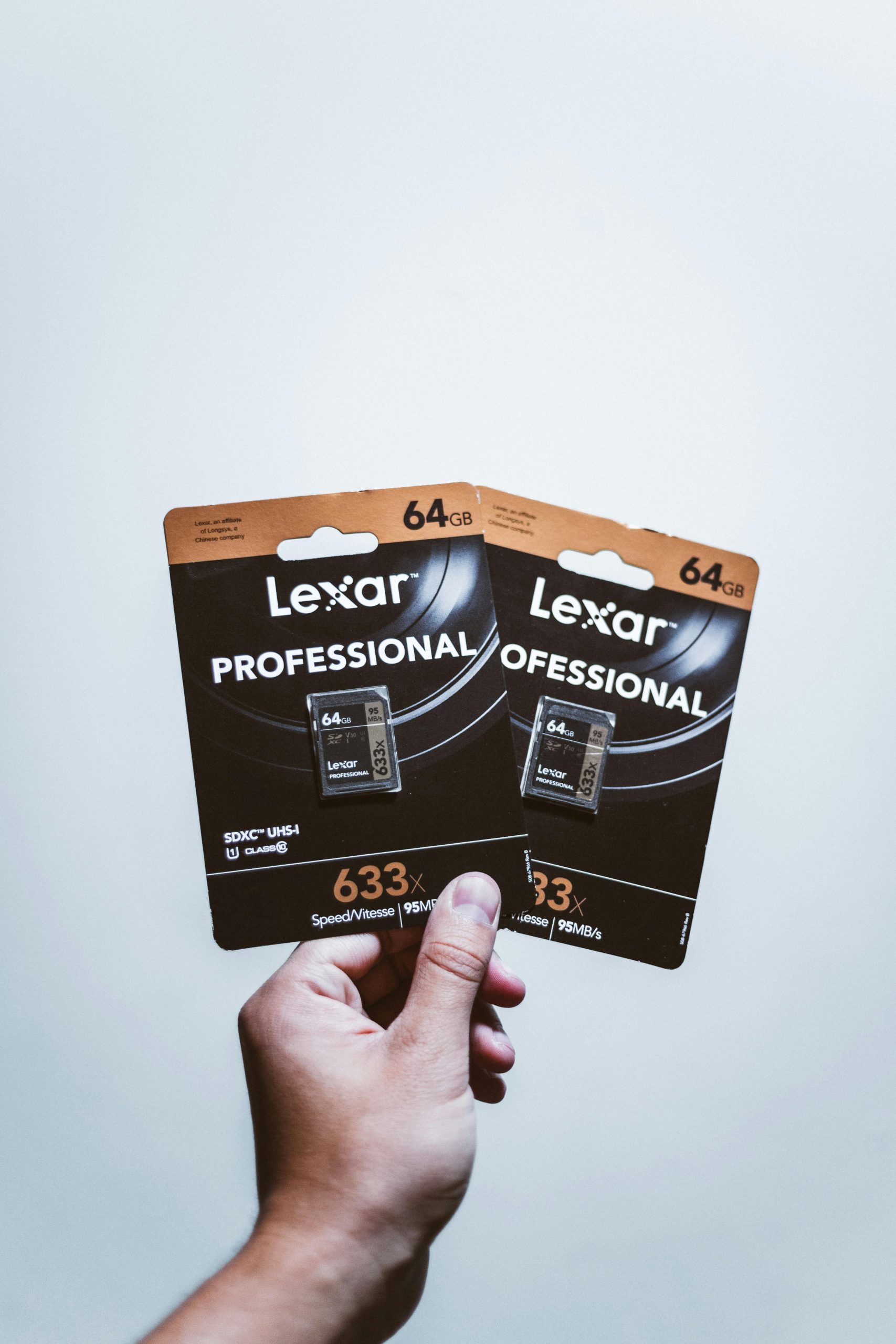Navigating the Aftermath of a Minor Bump: My Experience and What I Learned
Recently, I found myself in a somewhat unexpected situation on the road: I accidentally rear-ended another vehicle while navigating a right turn at a yield sign. The impact was minimal, probably around 5-10 mph, but as is protocol, I planned to pull over and exchange information to assess any potential damage. However, what unfolded was slightly more complicated.
I waited for the other driver to pull over, so we could address the situation. To my surprise, he continued driving. Not wanting to risk a misunderstanding or a hit-and-run accusation against me, I decided to follow him for a few blocks until he finally came to a stop.
Upon approaching him, he seemed more perturbed by the fact that I followed him than by the actual incident itself. He confronted me, wondering why I was trailing his car. I explained, “I accidentally hit you back there,” to which he confirmed and, surprisingly, seemed largely unconcerned. My intention was to ensure both vehicles were fine and to exchange necessary information.
The inspection revealed that his car only had a few scratches, without any significant dents. He checked the sturdiness of his bumper and tested his trunk, both of which seemed unaffected. Initially, it seemed like he might want to leave it at that, but then he mentioned consulting his wife about the next steps.
I provided my insurance details, and he asked whether it was necessary to contact them. Informing him that I would initiate the claim and his input would be sought after, he requested I make the call immediately. I filed the claim through my insurance app, and midway through the process, he simply advised me to head home.
Upon returning, I called my insurance company to relay the incident. They informed me they would reach out to him to determine if he wanted to claim damages. His apparent reluctance to engage further made me anxious that their call might provoke him to claim damages he initially overlooked.
I am now in the waiting phase, hoping that everything resolves smoothly. Although my car emerged unscathed, the entire episode taught me important lessons about handling such situations with patience and thoroughness, ensuring all parties are comfortable with the steps taken.




It sounds like you handled a stressful situation with composure and responsibility, which is commendable and crucial when dealing with traffic accidents. Here’s some additional advice and information that might help ease your concerns and ensure you’re adequately prepared for any next steps:
Document Everything: While it seems like you’ve already taken some steps to document the incident, ensure you have a comprehensive record of everything that occurred. This includes taking photos of both vehicles, noting the exact location, time, and any witnesses who might have seen the collision. This documentation can be invaluable if there’s any dispute later on.
Communication with Your Insurance Company: Keep the communication lines open with your insurance provider. Update them with any further interactions or communications with the other driver. Insurance companies often appreciate proactive clients and can provide advice specific to your situation. If the other party decides to pursue a claim, they’ll guide you on how to proceed.
Understand His Perspective: It can be surprising and even unsettling for some people when someone follows them after a minor accident, especially if they believe there’s no significant damage. Understanding his perspective can sometimes help in defusing tense situations. Your clear intent to resolve the matter legally and amicably reflects your understanding of your responsibilities in such situations.
Future Steps If Contacted: If your insurance company or the other driver contacts you, stick to facts and keep the communication professional. If necessary, consult with a legal professional for advice on how to proceed. Fortunately, you’ve already contacted your insurance, which is a crucial step.
Stay Calm and Patient: Anxiety in these situations is normal, but know that you’ve done what you can to resolve the matter responsibly. Worried thoughts about ‘what might happen’ are common, but they can cloud your judgment. Trust in the process and know that resolution might take some time. Your insurance company handles these scenarios frequently, and your cooperation gives them the best chance of closing the case efficiently.
Educate Yourself on Next Steps: Knowing what comes next can help reduce anxiety. Typically, if there is any further action required, either the other driver or your insurance company will reach out. You can ask your insurance company about potential timelines and what to expect.
By continuing to remain cooperative and communicative, you’ve placed yourself in a strong position to handle any further developments. Accidents, even minor ones, can be tricky to navigate, but your methodical approach shows you’re handling it well.